UNITED KINGDOM — In a bold shift, Virgin Atlantic (VS) will remove its signature onboard bar from new and retrofitted widebodies, replacing it with more Retreat Suites and expanded social spaces. CEO Shai Weiss remarked, “The world has moved on,” as he unveiled the strategy at a recent launch event in London.
The change reflects Virgin’s US$17 billion cabin overhaul, expected to be completed by 2028. The airline plans to shrink economy class by roughly 30% and add dozens of new premium seats across its Airbus A330neo jets and Boeing 787 fleet. The freed-up space previously occupied by its onboard bar will instead house additional Retreat Suites, featuring in-suite ottomans and layouts for two passengers.
Hard Numbers Behind the Strategy
According to Business Insider, Virgin had a record-breaking 2024, with revenues of £3.3 billion (US$4.5 billion) and profits of £230 million (US$309 million), a fourfold increase over 2023. Weiss attributed the airline’s ability to invest in luxury upgrades precisely to this strong performance.
More than 90% of premium and upper-class seats are consistently sold, suggesting immense demand from leisure travellers willing to pay for high-end experiences. Economy cabins in retrofitted Boeing 787s will shrink from 192 seats to just 127, while premium sections gain 13 upper-class and 21 premium economy seats.
Far More Than a Cocktail Counter
Virgin Atlantic (VS) was a pioneer, introducing the first onboard bar for passengers, famously featured in the James Bond film Quantum of Solace. But with the rise in demand for personalized comfort over communal amenities, the airline believes the old bar no longer aligns with modern traveller expectations.
The new alternative? “The Loft”, a spacious lounge serving as the largest social area aboard, is intended to welcome all passengers regardless of cabin class. Onboard the Airbus A350‑1000, The Loft includes seating for seven, a 32-inch HD screen, Bluetooth headphone ports, and even tail-camera views for sky watching.
Executive VP Mark Anderson explained that while bars worked in the past, they typically only fit three or four people. The Loft, he says, lets more passengers relax, watch movies, hold impromptu meetings, or simply enjoy a snack together, minus the noise or pressure of a bar counter.
Why Virgin Thinks Bars Are Outdated
According to Virgin’s internal studies and consumer feedback, today's luxury travellers prefer privacy, comfort, and flexibility, not crowded party scenes. Bars have become difficult to scale, noisy, and often intimidate solo travellers.
Moreover, all three of Virgin’s latest aircraft, the A330‑900neo, A350‑1000, and upgraded Boeing 787s, are designed with cabin optimization in mind. Scrapping the bar enables the airline to boost premium seat numbers while sticking to strict weight and regulatory constraints.
Gen Zs: Another Reason
Virgin Atlantic’s decision to drop the onboard bar kind of lines up with how younger travellers are thinking these days, too. People in their 20s and early 30s, especially Gen Z, just aren't that into drinking like the older crowd was. Some recent studies shared by Time Magazine say that only around 62% of adults under 35 drink alcohol now, which is quite a drop from about 72% back in the early 2000s.
It's not that they don't drink at all, but many of them are more health-conscious or just don't feel the need to have alcohol to enjoy themselves. A lot of them go for mocktails or non-alcoholic drinks instead. Physician Sybil Marsh also mentions, “There was a time when drinking some alcohol was a badge of maturity and was sophisticated. But now, it's only one out of a whole range of ways that people can relax or show sophistication and so on.”
So yeah, having a bar in the sky might not feel as exciting anymore. Virgin swapping that space for something like The Loft or those comfy Retreat Suites makes sense. Today’s flyers seem to care more about having a chill, flexible space to relax in rather than grabbing a drink mid-flight.
Future-Focused Features: Luxury Meets Tech
Virgin isn’t just trading its bar for a seat. They’re doubling down on premium experiences enabled by tech:
- Free high-speed WiFi powered by Starlink, rolling out by the end of 2027, marks Virgin as the first UK airline to offer streaming-quality onboard internet.
- An AI travel concierge developed with OpenAI and Tomoro.ai to assist passengers with flight planning, destination ideas, and even witty banter. One demo quipped, “It’s pronounced Virgin Atlantic, not BA.”
- Virgin is also giving its lounges at Heathrow (LHR) and John F. Kennedy (JFK) airport a fresh new look, matching the updated cabins so travellers get a smooth, familiar experience from the airport to the sky.
Legacy vs. Luxury: A Brand at a Crossroads
Founded in 1984 by Richard Branson, Virgin Atlantic (VS) was built on disruptive ideas, economic airfares, bold service, and yes, that iconic bar. But as Virgin celebrates its 40th anniversary, the airline is shifting focus more toward premium leisure travel, aiming to go head-to-head with top players like Emirates (EK), Qatar Airways (QR), and Lufthansa (LH) on high-end offerings.
Even though Branson recently called removing the bar a “dreadful mistake” and said he’d bring it back if he could, most industry experts believe the way things are going, with changing passenger demand and tight cabin economics, there's just not much space to go reverse course. Airline CEOs are more focused on squeezing the most value out of every seat while still keeping things comfortable.
What It Means for Flyers
- Upper-class travellers will no longer experience the mobile bar environment. Still, they will instead enjoy lounging in Retreat Suites and The Loft, which the airline describes as more spacious, flexible, and quieter.
- Premium economy passengers' action: better cabin layout and elevated amenities.
- Economy class is shrinking, but passengers flying premium can expect fewer neighbours, more legroom, and dedicated social space.
- Tech-forward perks: expect faster WiFi, AI concierge support, and sharper lounge design both on the ground and in the air.
Final Perspective
Virgin Atlantic’s decision to scrap its onboard bar signals more than a design update. It represents a strategic shift. As leisure demand surges and passengers favour refined comforts over retro atmospherics, Virgin is betting the future lies in personalized luxury and social zones that feel inclusive, not crowded.
“For business travellers and solo flyers, the Loft is safer, quieter, and more welcoming than a bar,” said Anderson. Meanwhile, the airline’s investment in AI, Starlink connectivity, and cabin lounges underscores the move toward tech-enhanced customer experience.
Is the onboard bar gone forever? We’ll see how travellers react and if Branson’s reversal ever materialises. But does it mean no drinks? Not at all; you can still enjoy that glass of champagne or wine while spotting CBs out your window. For now, Virgin’s message is clear: the golden age of the aviation bar may be over, but the era of elevated connectivity and luxury is just getting started.
Stay tuned and keep following Airways. Follow us on LinkedIn and Instagram for the latest updates as well!
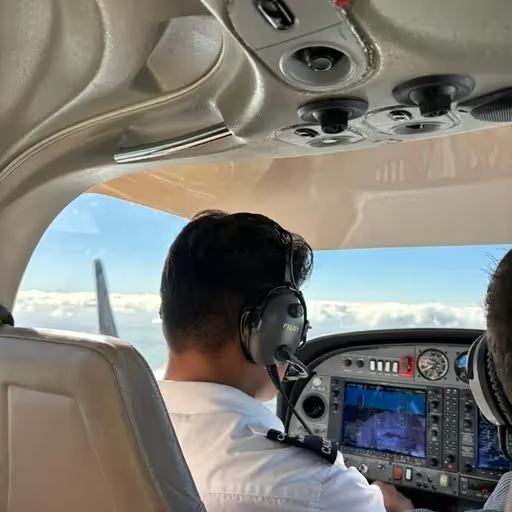

.avif)
.avif)
.avif)
.avif)
.avif)
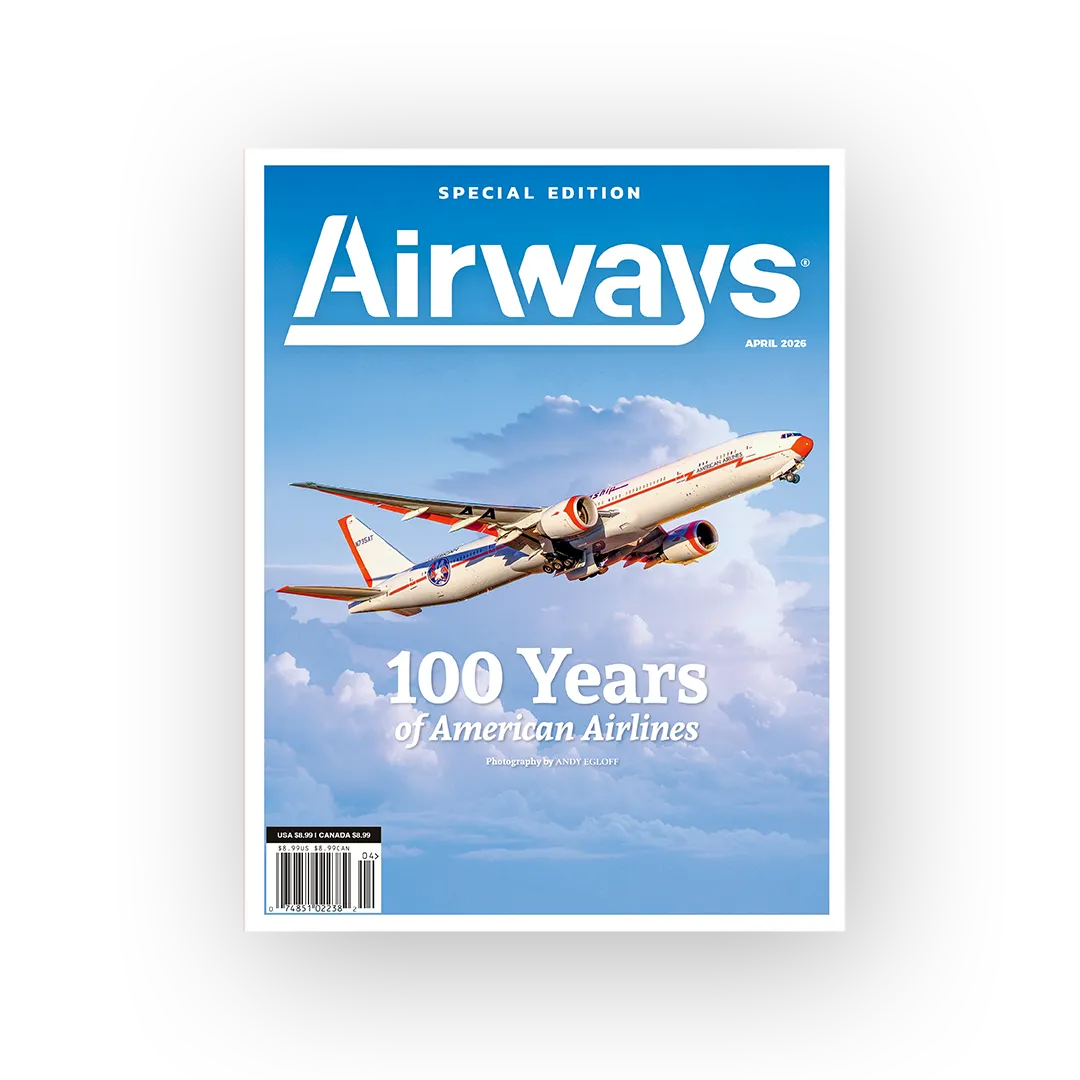

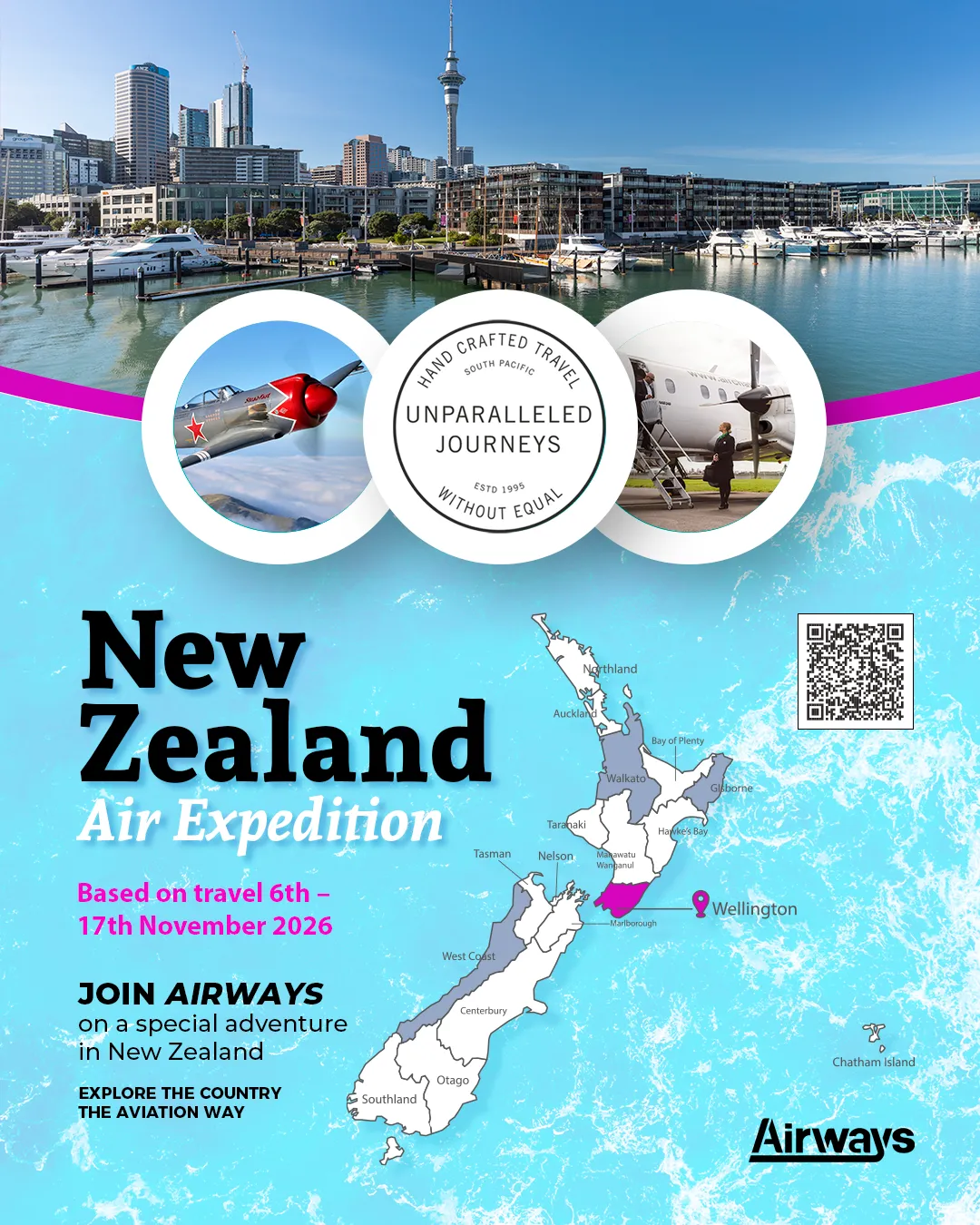
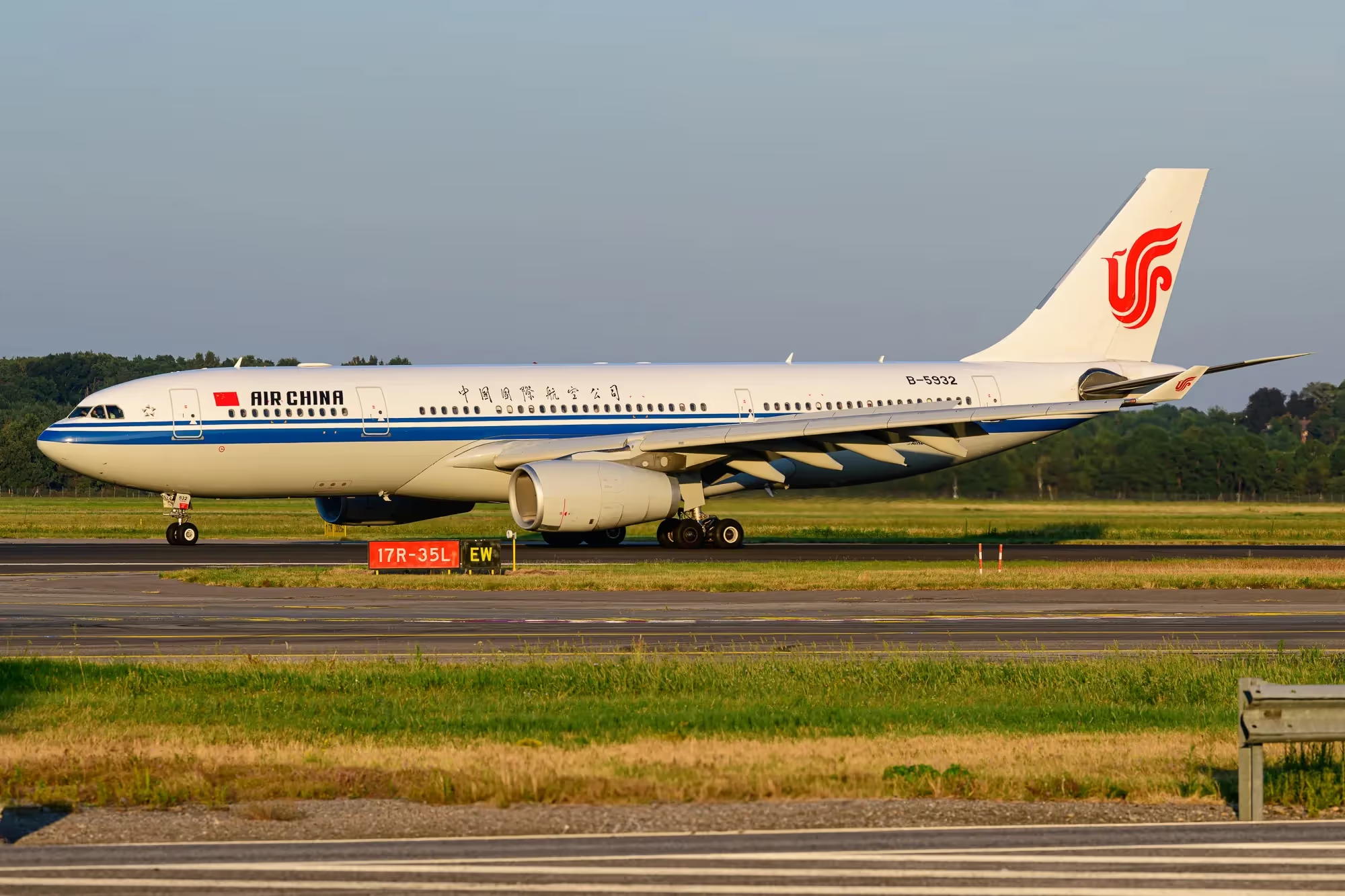
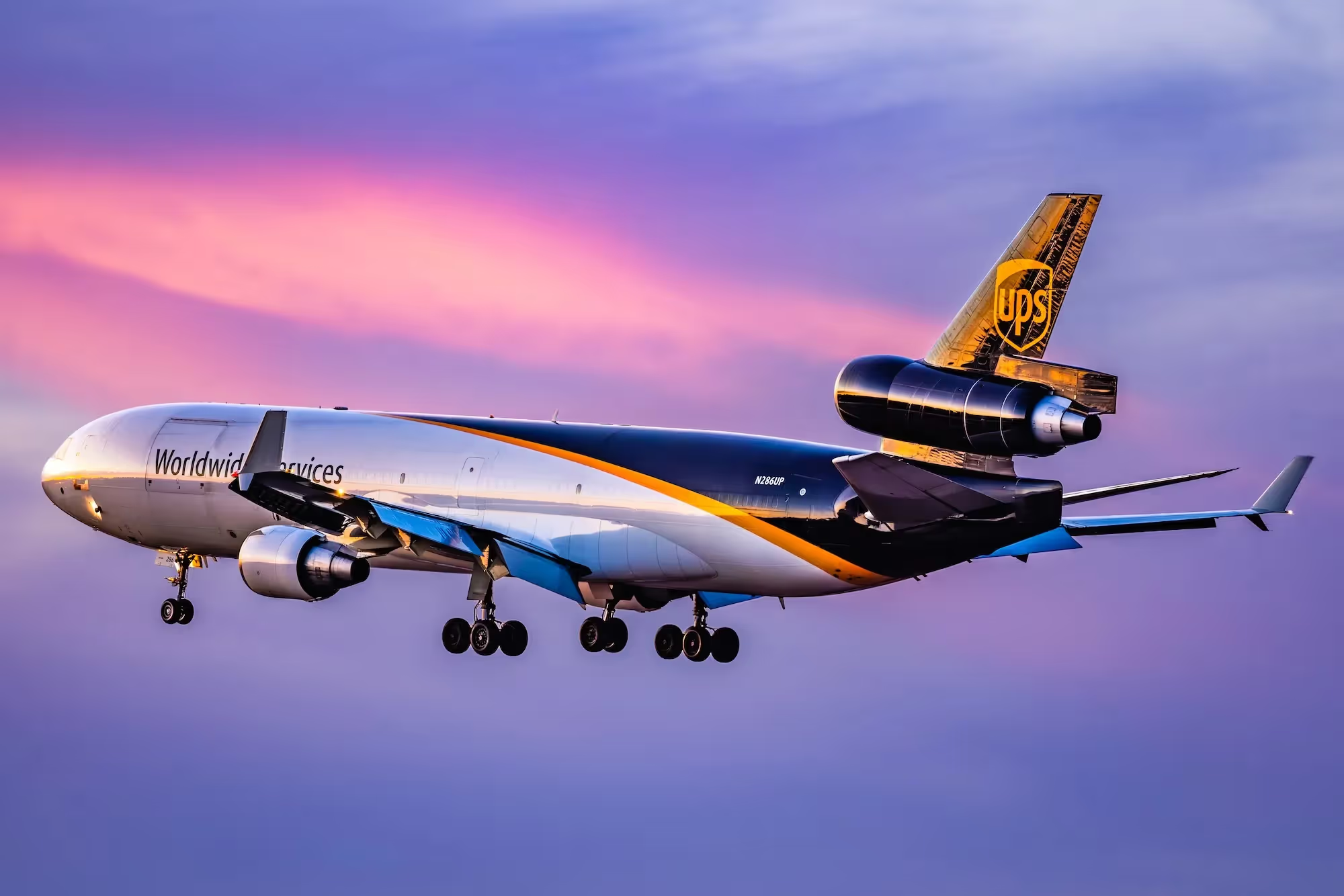
.avif)